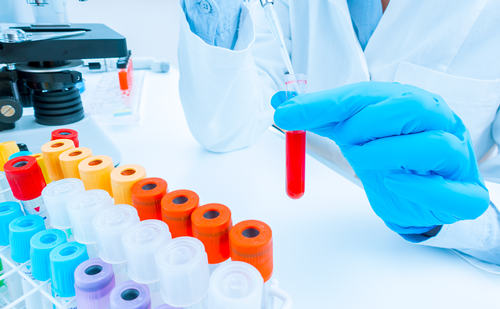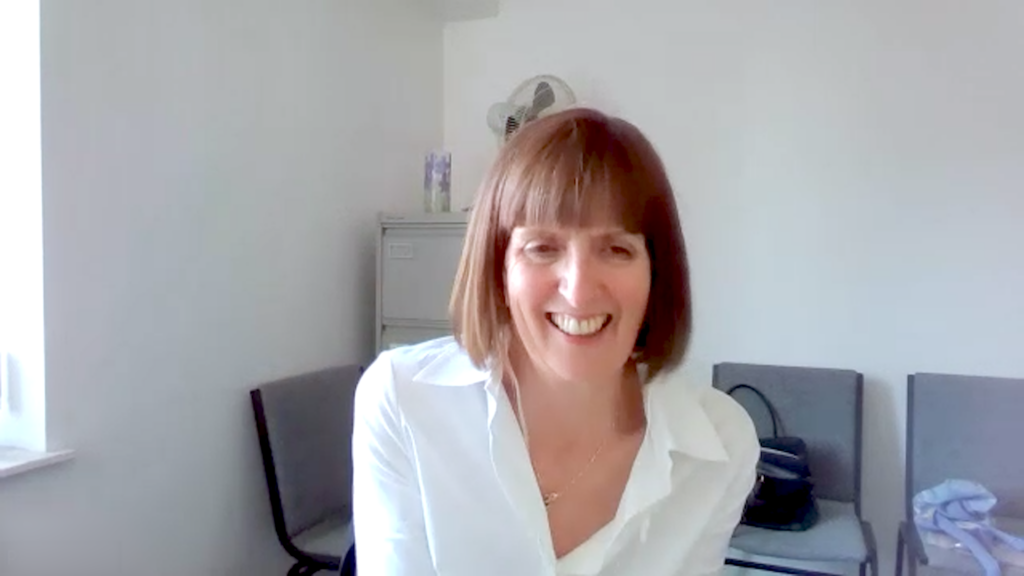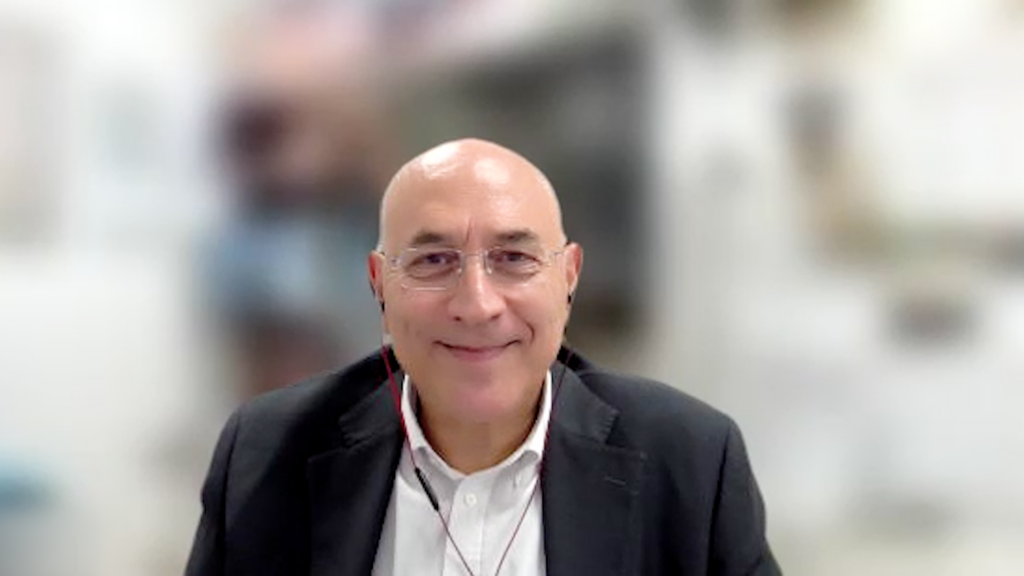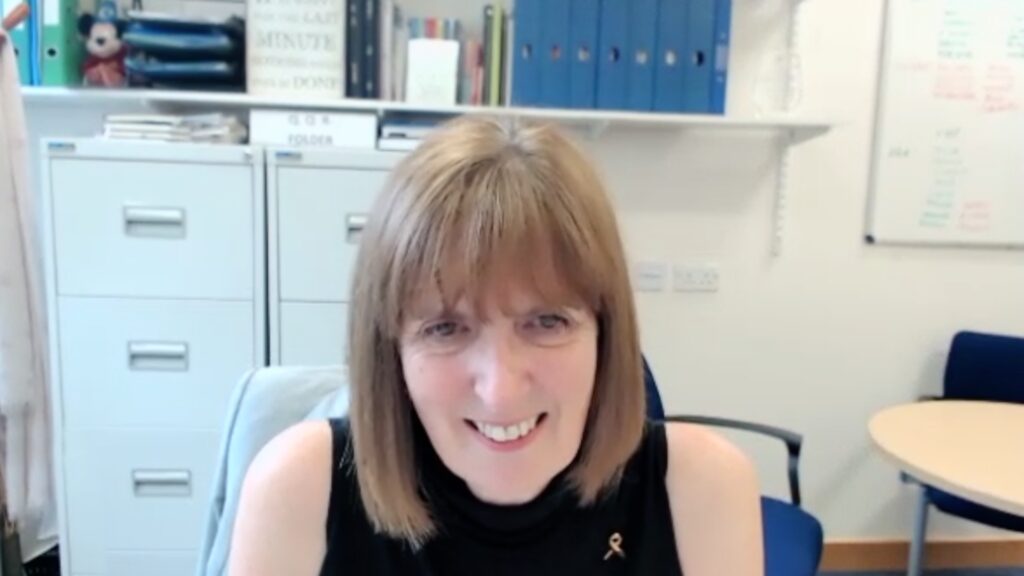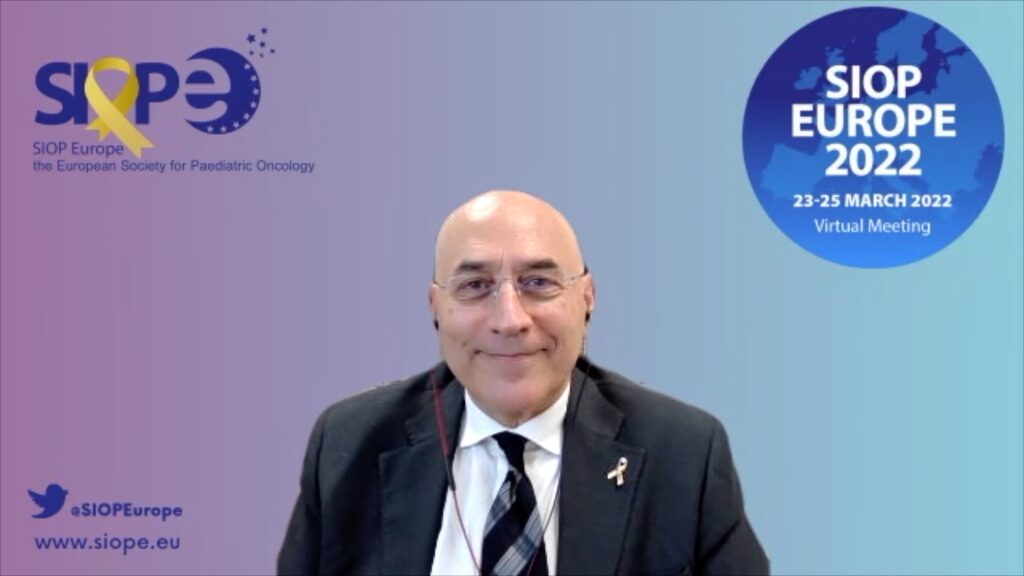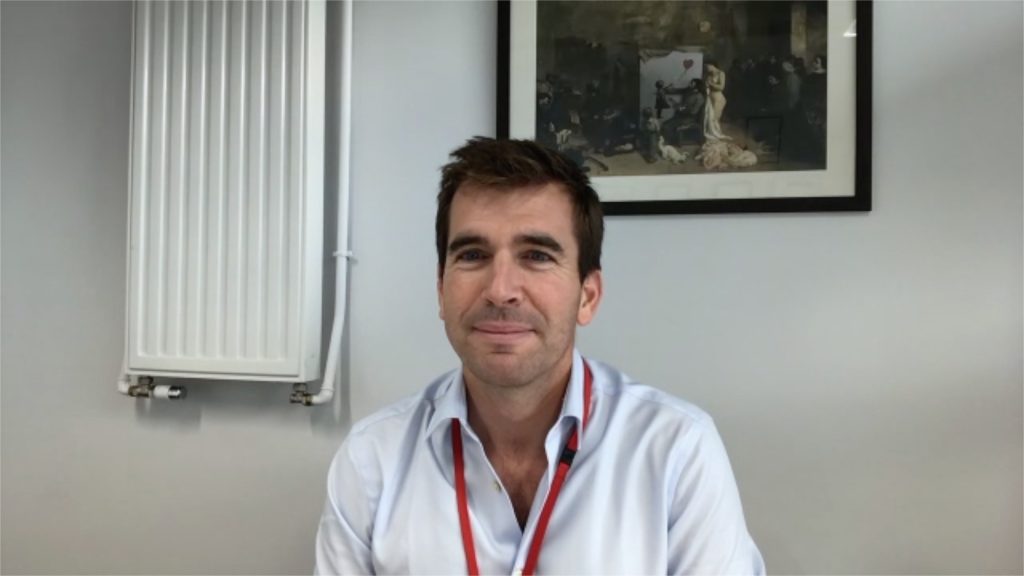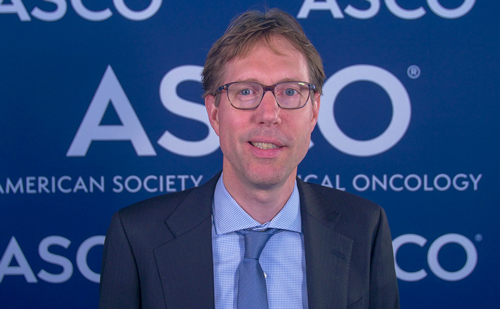Childhood cancer care continues to suffer from widespread inequalities, says Pamela Kearns.
Inequalities in access to the best available care, expertise and knowledge for children and young people with cancer remains a critical issue across Europe. These inequalities contribute to 20 percent differences in survival rates when comparing North and Western Europe with Central and Eastern Europe. There is a fundamental need to ensure childhood cancer centres meet a certain standard level of expertise and are continuously updating their ‘best practice’.
Europe needs to recognise that paediatric cancer remains an urgent health and socio-economic issue. More than 35,000 children and young people are diagnosed in Europe each year. Despite improvements in treatment in recent years, cancer remains Europe’s leading cause of death in children aged over one. It also has substantial socio-economic costs, with half a million survivors suffering long-term side effects that negatively impact their health and well-being.
The European Society for Paediatric Oncology (SIOP Europe) community in cooperation with Childhood Cancer International – Europe (representing parents, patients, and survivors) have a well-defined European policy agenda for paediatric cancer, gathering substantial political support in successive terms of the European Parliaments. Equal access to the best available care and research for all patients across Europe is a fundamental pillar of this agenda. Our community is already driving important initiatives to reduce the stark inequalities in paediatric cancer research, treatment and care. This is shown by our work with the European Reference Network on Paediatric Cancer (ERN PaedCan).
“Despite improvements in treatment in recent years, cancer remains Europe’s leading cause of death in children aged over one”
Supported by the EU Health Programme, ERN PaedCan aims to reduce inequalities in childhood cancer survival by providing high-quality, accessible and cost-effective cross-border healthcare to children and adolescents with cancer, regardless of where they live in Europe.
Furthermore, we have partnered in delivering the EU Health Programme-funded Joint Action on Rare Cancers (JARC). JARC is addressing the lack of systematic inclusion of rare cancers, including paediatric malignancies, in National Cancer Plans across Europe and ensuring the appropriate implementation and sustainability of European Reference Networks.
With the announcement of a mission area dedicated to cancer under the EU Framework Programme ‘Horizon Europe’, the European plan against cancer defined in the agenda of the incoming European Commission President, and the strong support to address the needs of childhood cancer by members of the newly constituted European Parliament, there is an increasing cause for optimism. As a collection of rare diseases, it is clear that cross-border, collaborative research underpins all progress in childhood cancer. Focused research efforts at EU level hold great potential to unlock and accelerate therapeutic progress.
We will work with all stakeholders to ensure the needs of childhood cancer patients, namely, equal access to the best treatment, care and innovative research, are at the forefront. Our ultimate aim is for all childhood cancer patients in Europe to have equal access to the best available standards of treatment and care, no matter their country of origin or residence.
For more information, visit www.siope.eu
Twitter: @SIOPEurope
About the author
Professor Pamela Kearns is President of SIOP Europe (The European Society for Paediatric Oncology).
Support: No funding was received in the publication of this Insight article.
Published: 3 December 2019

